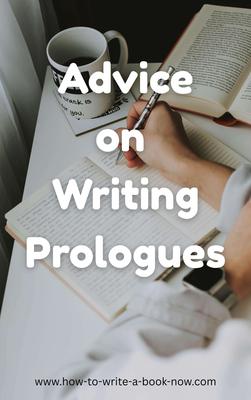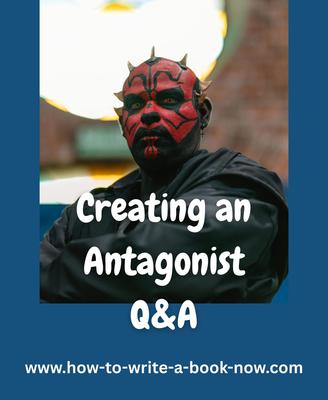A good ending for a zombie novel
by Ed Mark
(Philippines)
Question: I'm trying to find a good ending for a zombie novel I'm writing. It's from a first-person perspective.
(Sorry. I'm not fluent at English. My novel is on my native language. This is just the translated version
"Finally, I'm almost done writing this paper. I never thought that it will all end like this. At least I'm not bitten and turned into one of them. I can feel that this paper will be in the right person's hand. If you're already reading this, you can assume that I'm already dead. It's just sad that I will never have the chance to know you personally. At least you've known me through this paper. I only wish one thing from you... and you should promise to fulfill this... (so on)"
Questions:
1) Is considering the ending early bad or good?
2) Is 'killing' the main character and not making him fulfill the goal good?
I'm sorry for the long post. I will really appreciate the answer. Thank you for your time and have a good day.
Answer: There's nothing wrong with thinking in advance how the story will end. Having an ending in mind can help with the writing process. If you know the destination, you know that each event is a stepping stone along the path towards that destination. That knowledge tells you what steps must be there, and what steps can be left
As for your second question, having your main character die without achieving the story goal can be either good or bad.
The question is whether the main character resolves his inner conflict, whether he is satisfied.
For instance, in a classic tragedy, the main character often dies knowing he has failed and that his life is worse because of that failure.
However, it can also turn out that failing to reach the goal leads to a better outcome for the main character. Even if he dies, if he feels more at peace with himself in the end, that would be a judgment of good.
On the other hand, a main character can achieve the goal, only to find out that it does not bring him the happiness he thought it would.
In the case of your story, it sounds as though the character fails to achieve the goal and is left feeling bad about his failure. We would call that story a tragedy, except that you have left a glimmer of hope - the hope that someone else may read the book and finish the quest.
It's a question of how you write that last chapter. If you give the reader the sense that the goal will likely be achieved by someone else, that the main character feels at peace with himself, and that he will not die in vain, then the judgment may be good.
If, on the other hand, the reader is left with the sense that the goal will not be achieved, or that it is too late to achieve it, and the main character is left feeling bitter, then the story will be a tragedy.
Of course, none of this is meant to say whether your story will be "good" or "bad" in terms of quality. That depends on how you write it. You could make either the happy ending or the unhappy ending effective.
- Home
- Plot Questions
- A good ending for a zombie novel















